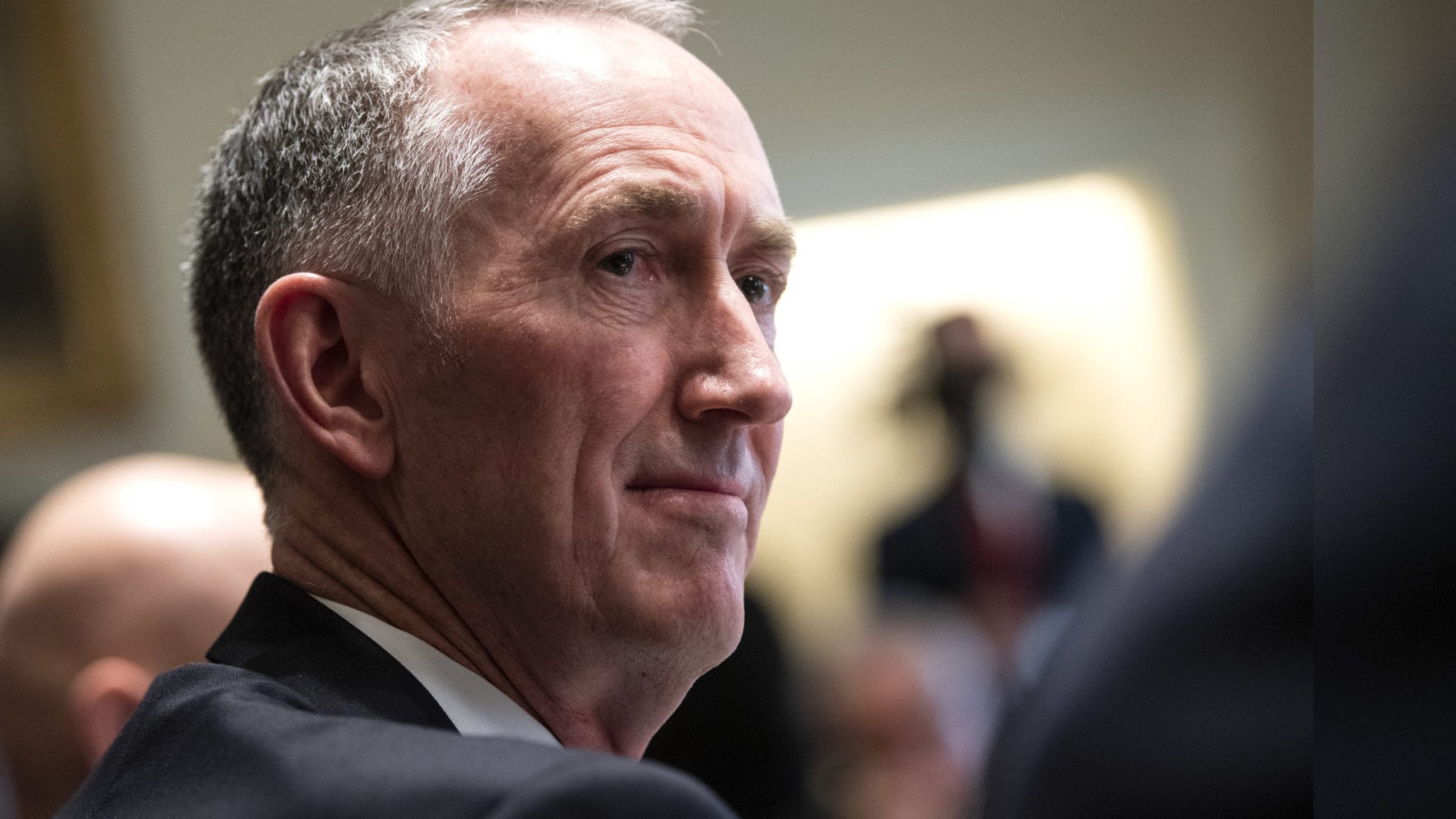
Daniel O'Day, Gilead CEO (Kevin Dietsch/UPI/Bloomberg via Getty Images)
A new study points to $6.5B in public support building the scientific foundation of Gilead's remdesivir. Should that be reflected in the price?
By drug R&D standards, Gilead’s move to repurpose remdesivir for Covid-19 and grab an emergency use authorization was a remarkably easy, low-cost layup that …
This article is available only to Premium subscribers
Upgrade to Premium for unlimited access and Premium exclusives.